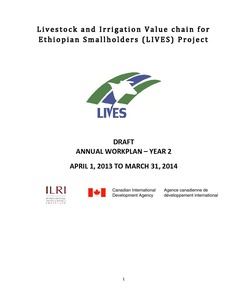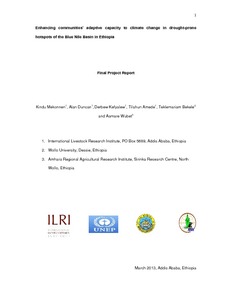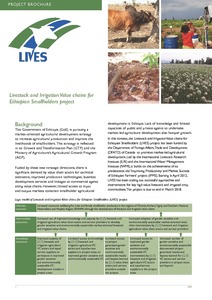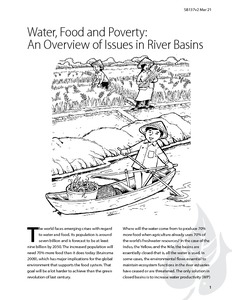Economics of Adaptation to Climate Change: Ethiopia, Volume 2. Annexes
The report is part of a broader study,
the Economics of Adaptation to Climate Change (EACC), which
has two objectives: (a) to develop a global estimate of
adaptation costs for informing international climate
negotiations; and (b) to help decision makers in developing
countries assess the risks posed by climate change and
design national strategies for adapting to it. This paper is
one of a series of country-level studies, where national








